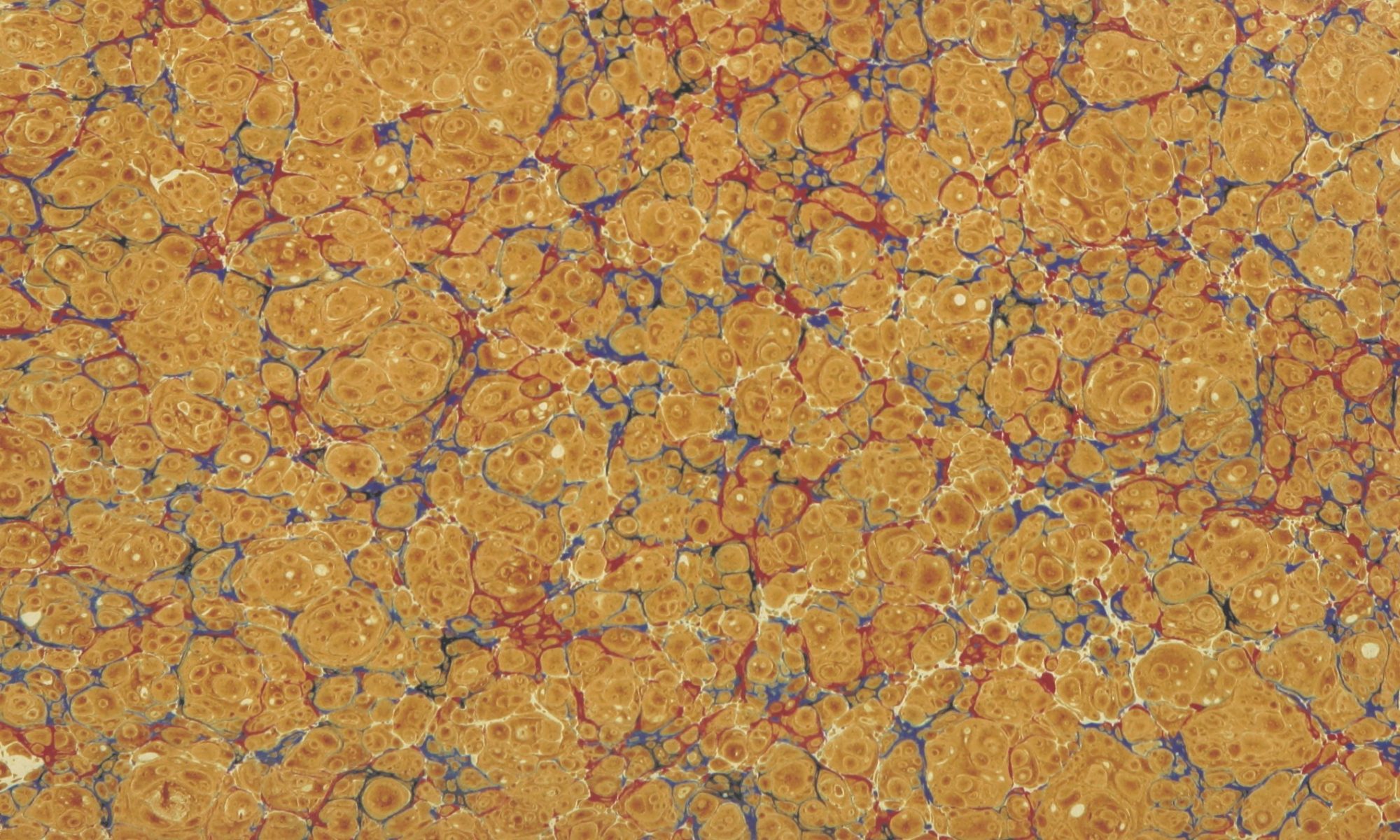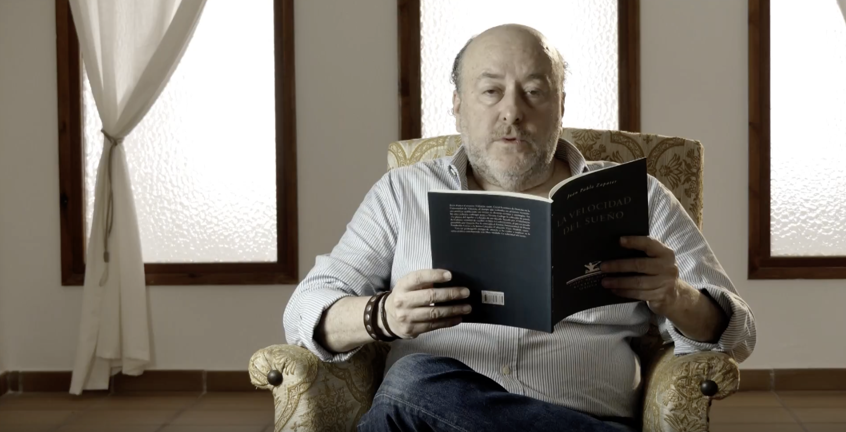
When the Poem Arrives
Translated and read by Mike Baynham (University of Leeds)
When the poem arrives, the one
I want to write you, just turns up
vibrant and young, first to the eyes
and then after, to the hands, just like that,
claiming there was nothing easier
than to wait for it, in spite of
having done so in a windowless room
over many years, in fact forever.
When it arrives and I read you that poem,
and the poem grows old and dies alone
like an incorruptible saint and we
don’t know where it lives: whether
in me or in you, or if it just drifts
between the two of us like a promise
never to be fulfilled, when it
arrives and insists on being
I don’t know if I will be ready for it.
Just thinking about it torments me
as much as fearing that it will not come
at all or that it came already and
I didn’t manage to welcome it;
now I will never be able to tell you
what the poem alone, that poem
which could turn up just as you did,
all of a sudden, filling with words
the empty space, would manage
to tell you how I want to tell you
and I do tell you just like this,
as I wait in that torpid urgency
with which all lovers write their poems.
La policía celeste, 2018
Cuando el llegue el poema
Cuando llegue el poema que te quiero
escribir, cuando acuda vivo y joven
a los ojos primero y a las manos
después, sencillamente,
predicando que nada hubo más fácil
que esperarlo, a pesar
de haberlo hecho en cuarto sin ventanas
durante muchos años, desde siempre.
Cuando llegue y te lea ese poema,
y el poema envejezca y muera solo
como un santo incorrupto y no sepamos
dónde habita: si en ti, si en mí, si vaga
entre los dos igual que una promesa
que no puede cumplirse, cuando llegue
y exija ser, no sé si voy a estar
preparado. Pensarlo me atormenta
tanto como temer que no vendrá,
o que ya vino y no logré acogerlo;
ahora no podré decirte nunca
lo que sólo el poema, aquel poema
que podría llegar como llegaste
tú, de pronto, llenando de palabras
el espacio vacío, lograría
decirte como quiero yo decirte
y que te digo así, mientras espero,
con la urgencia y torpeza con que escriben
todos sus versos los enamorados.
Leído por el autor
Foto de Laura Ferrer Aramabarri (Wikipedia) CC BY SA 4.0


